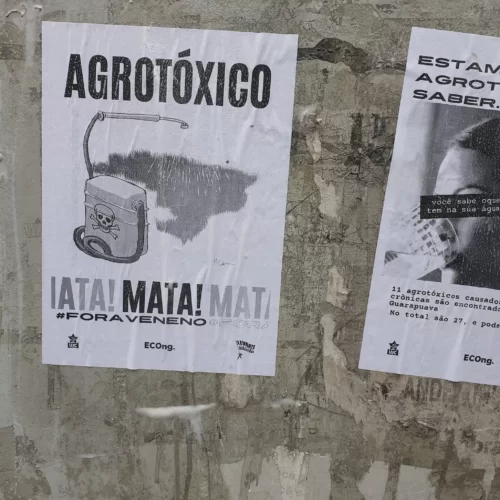4 Feb 23
Bolsonaro released 2182 pesticides in 4 years, the highest number for a single administration
The survey shows that pesticide registrations have been growing year by year in the country since 2016. It also points out that of the 2,182 pesticides released in the Bolsonaro government, 98 are totally new, which is also an all time high for a government in the historical series; the rest are considered generic, i.e., they are “copies” of raw materials or final products based on ingredients already on the market; of the total releases, 1. 816 are chemical and 366 are biological: the biologicals have low environmental impact and are focused on organic agriculture – under Brazilian law, they are also called pesticides; the registrations of biologicals during the Bolsonaro government also broke a record for a presidential administration.
Last year alone, 652 pesticides entered the market, the highest number for one year in the historical series. The figure also represents a 16% increase over the 2021 total, which had already been a record. Of the 35 released for rural producers, 22 were considered “very dangerous to the environment” by the Brazilian Institute of Environment and Renewable Natural Resources (Ibama).
Sources:













